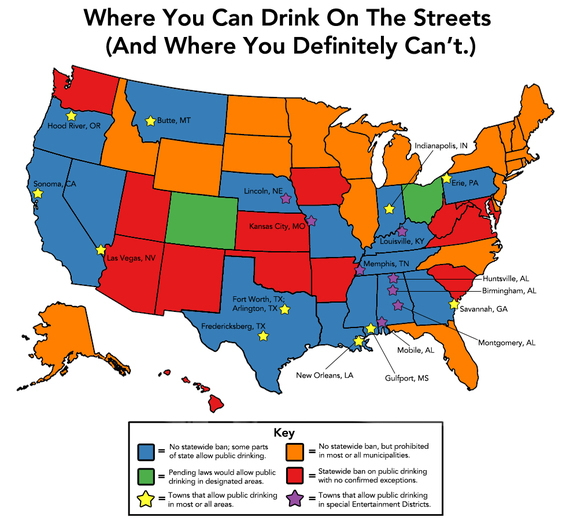Why Many Retirees Could Outlive a $1 Million Nest Egg
Adam Rifkin stashed this in Wealth!
Stashed in: Facts, Economics!, Young Americans, life, America!, economics, Personal Finance, Retirement
Jeff Sommer writes how Americans except the super rich will have retirement challenges:
In 1953, when “How to Marry a Millionaire” was in movie theaters, $1 million bought the equivalent of $8.7 million today. Now $1 million won’t even buy an average Manhattan apartment or come remotely close to paying the average salary of an N.B.A. basketball player.
Still, $1 million is more money than 9 in 10 American families possess. It may no longer be a symbol of boundless wealth, but as a retirementnest egg, $1 million is relatively big. It may seem like a lot to live on.
But in many ways, it’s not.
...
“We’re facing a crisis right now, and it’s going to get worse,” said Alicia Munnell, director of the Center for Retirement Research at Boston College. “Most people haven’t saved nearly enough, not even people who have put away $1 million.”
...
For savers, low rates have been a trial. The fundamental problem is that benchmark Treasury yields have been well below 4 percent since early in the financial crisis. That creates brutal math: if your portfolio’s income is below 4 percent, you can’t withdraw 4 percent annually, and add inflation adjustments, without depleting that portfolio over time.
And with rising life expectancies, many people will have a lot of time: the average 65-year-old woman today can be expected to live to 86, a man to 84. One out of 10 people who are 65 today will live past 95, according to projections from the Social Security Administration.
Billionaires can afford to be very flexible: just 2 percent of a $1 billion portfolio is still $20 million. With economizing, even a big spender should be able to scrape by on that. But $20,000 — the cash flow from a $1 million portfolio at 2 percent — won’t take you very far in the United States today.
And if you’re not close to being a millionaire — if you’re starting, say, with $10,000 in financial assets — you’ve got very little flexibility indeed. Yet $10,890 is the median financial net worth of an American household today, according to calculations by Edward N. Wolff, an economics professor at New York University.
Three facts:
1. The median U.S. household is worth $10,890.
2. Only 8% of U.S. households are worth over $1 million.
3. $1 million is no longer enough to assure a decent retirement.
Ouch.
Add to that the reality that a lot of younger retirees, if they conceived later in life, will be putting their kids through college AND paying for assisted living for their parents at the same time. Squeeze, squeeze, squeeze.
Add to that the reality that the following costs keep rising and never seem to stabilize:
1. Health care.
2. Housing.
3. Education.
Something's gotta give.
How much is enough? a retirement and a zen question...
If you're being zen, you don't need as much as you otherwise would.











11:33 AM Jun 09 2013